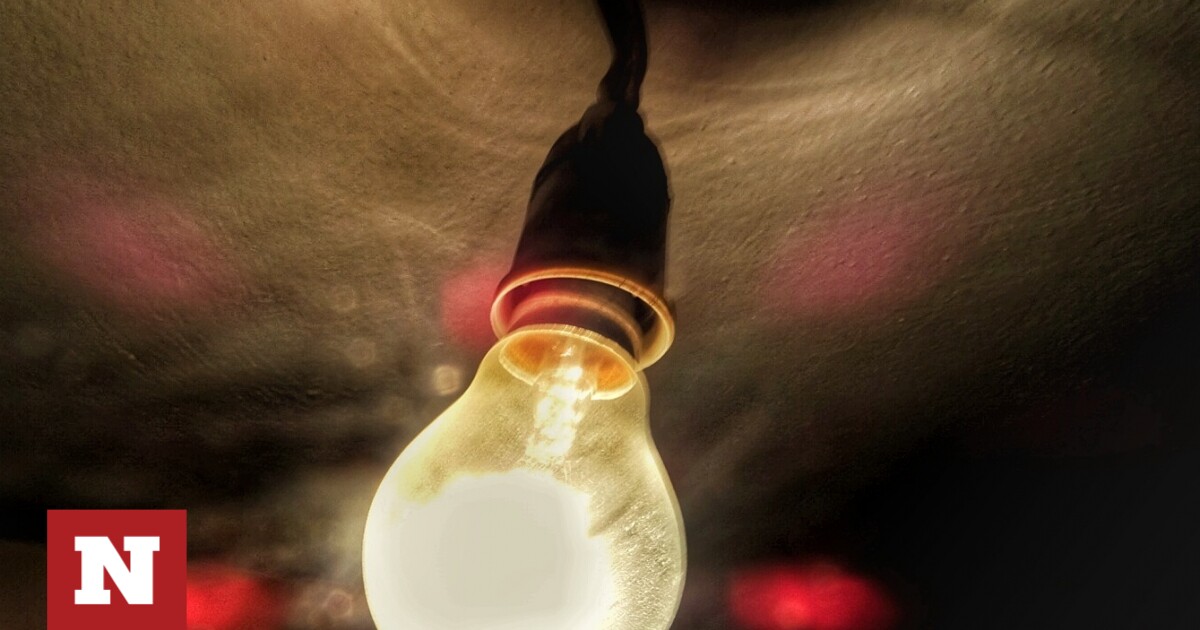
Although there is a theory that consuming as many eggs per week should be anywhere from 2 to 6, there is still no scientific evidence confirming these limitations.
There is no exact number of eggs you can eat at Easter without worrying about your cholesterol, as this depends on a number of factors including your general diet, lifestyle, and genetics.
For many years, it was believed that eating eggs every day could increase cholesterol and the risk of cardiovascular disease. However, recent research has shown that eating eggs does not have as great an effect on cholesterol as eating saturated fats and trans fats. Eggs are rich in protein, vitamins and minerals, which makes them a nutritious food.
However, if you already suffer from high cholesterol or cardiovascular problems, it is best to consult your doctor about how many eggs you can eat per week.
In general, you can enjoy eggs at Easter, but in moderation.
If you’re concerned about cholesterol, you can try limiting your consumption of meats that are high in saturated fats, as well as cheese, butter and ice cream, during the holidays.
To maintain a healthy heart and control your cholesterol, follow these tips:
Add fiber to your diet from fruits, vegetables and whole grains.
Eat healthy fats, such as polyunsaturated and monounsaturated fats found in vegetable oils, fish and nuts.
Limit your consumption of foods high in saturated fats, such as cheese, butter, meat, and most processed foods.
Choose fatty fish, such as salmon and tuna, which are rich in omega-3 fatty acids.
How long do boiled eggs stay out of the fridge?
Boiled eggs should be kept in the refrigerator as this slows the growth of bacteria and ensures that they are kept in good condition. If hard-boiled eggs are left at room temperature, the risk of bacteria growth may increase and they may spoil more quickly. Therefore, it is recommended to store it in the refrigerator and consume it within a day or two.
What can happen to eggs outside the refrigerator?
Eggs not stored in the refrigerator may be exposed to higher temperatures and humidity, which can create an ideal environment for the growth of bacteria such as salmonella. Salmonella can cause serious illnesses such as Salmonella, a virus that causes diarrhea, fever, and abdominal pain.
Also, eggs not stored in the refrigerator may lose their freshness more quickly and taste or smell bad. This can render the eggs unfit for consumption.
For these reasons, it is recommended that eggs be stored in the refrigerator and consumed within 1-2 weeks of purchase.

“Hipster-friendly coffee fanatic. Subtly charming bacon advocate. Friend of animals everywhere.”





More Stories
The Pope's doctors perform surgery on Kate Middleton – new scenarios
The second suspicious death linked to the Boeing scandal
Israel bombs Syria – the first information